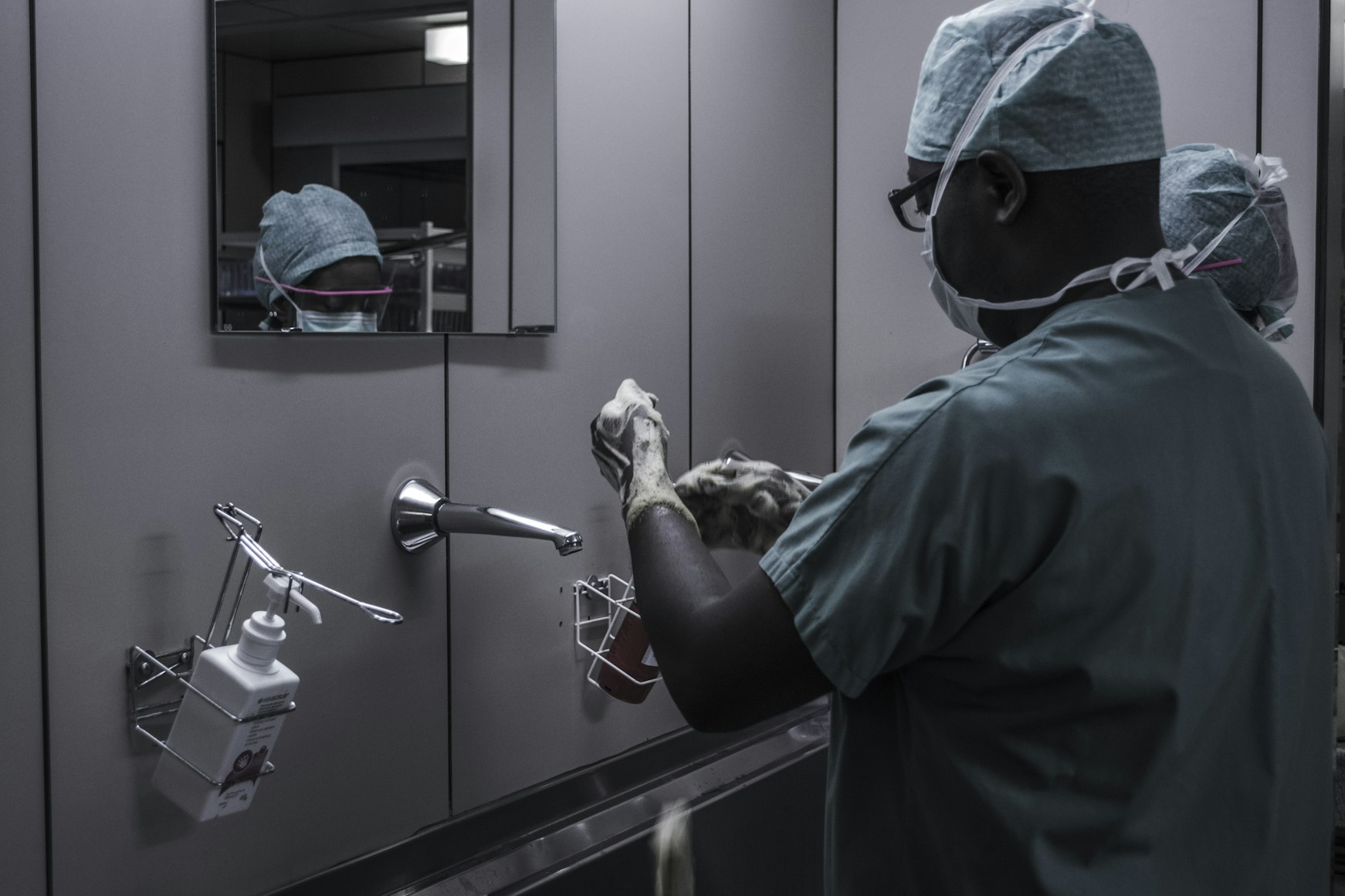Table of Contents
The digital age is ushering in transformative advancements across diverse sectors, and education stands as a prime beneficiary. Especially in intricate disciplines like medical education, innovative AI-powered learning applications are redefining the landscape. This article provides a comprehensive look into how these cutting-edge tools are changing the face of medical studies and why they're becoming indispensable for the 21st-century learner.
A Deep Dive into AI-MedSchool
One cannot discuss the AI revolution in medical education without highlighting the contributions of AI-Medschool. This platform exemplifies how technology can seamlessly intertwine with education, leading to:
-
Personalized Content Delivery: Leveraging advanced machine learning algorithms, the platform curates content tailored to each student's unique learning style and pace.
-
Diverse Learning Resources: From in-depth video lessons and 3D visualizations of medical processes to swift flashcard-based revisions, AI-Medschool ensures a holistic learning experience.
-
Adaptive Learning Mechanisms: Much like the human brain, this application is continually evolving, refining its content delivery mechanisms based on user interaction.
According to AI-Medschool's internal metrics, even a minimal interaction of 20 minutes daily can boost retention rates by an impressive 30%. Such numbers underline not only its efficiency but also the broader promise that AI-driven platforms bring to the academic table.
More Than Just Custom Content
Shifting our lens to the broader ecosystem, AI's influence extends beyond mere content personalization. Modern tools are evolving to:
-
Predict Learning Trajectories: These platforms can forecast students' learning patterns, pinpointing areas of weakness and subsequently providing targeted learning interventions.
-
Foster Real-Time Interaction: A case in point is WOZTELL, which employs conversational AI to offer a virtual teaching assistant. This AI-driven tutor can promptly answer queries, elucidate challenging concepts, and administer quizzes to validate understanding.
-
Optimize Exam Preparations: Take, for instance, OSMOSIS. Purpose-built for medical students, this platform harmonizes AI with tested learning techniques, providing optimal study regimes. Consequently, a staggering 97% of its users observed a positive shift in their exam scores.
Other Noteworthy Benefits
The promise of AI in medical education isn't just limited to individualized study experiences. Some other compelling advantages include:
-
Flexibility: Many of these tools support mobile access, enabling students to learn on the go.
-
Collaborative Learning Environments: AI platforms often come integrated with features fostering group studies and peer interactions.
-
Up-to-Date Content: With the ability to parse vast amounts of data, these tools can continually update their content repositories, ensuring that students always have access to the latest medical information.
Addressing the Elephant in the Room: Challenges
While the merits of AI-driven learning apps are manifold, it's essential to address some concerns. Foremost among these is:
-
Data Privacy: As these platforms rely heavily on personal data to customize learning experiences, there's a growing concern about data misuse and breaches.
-
Initial Investment: The development and maintenance of such sophisticated platforms demand significant capital, which could, in turn, influence pricing structures for end-users.
Despite these challenges, the shift towards AI in education is inevitable. Research from the National Center for Biotechnology Information underscores this, indicating that AI can substantially reduce cognitive stress on students while amplifying knowledge retention.
In a Nutshell
The medical domain, with its complex content and demanding educational requirements, stands to gain immensely from AI-driven innovations. Traditional teaching methodologies will always have their place, but as the Harvard Business Review aptly puts it, "Technology is re-equipping physicians to tackle 21st-century medical complexities."
In wrapping up, AI-infused learning platforms are more than just a trend—they represent the future of medical education. With ongoing research and developmental endeavors, they are poised to reshape and enhance medical studies, offering tailored experiences reminiscent of superior platforms with advanced features. As the educational world continues to evolve, it's intriguing to see where AI's transformative powers will take us. With user reviews and testimonials hinting at overwhelmingly positive experiences, perhaps it's time to start our journey with these platforms if we haven't already.








